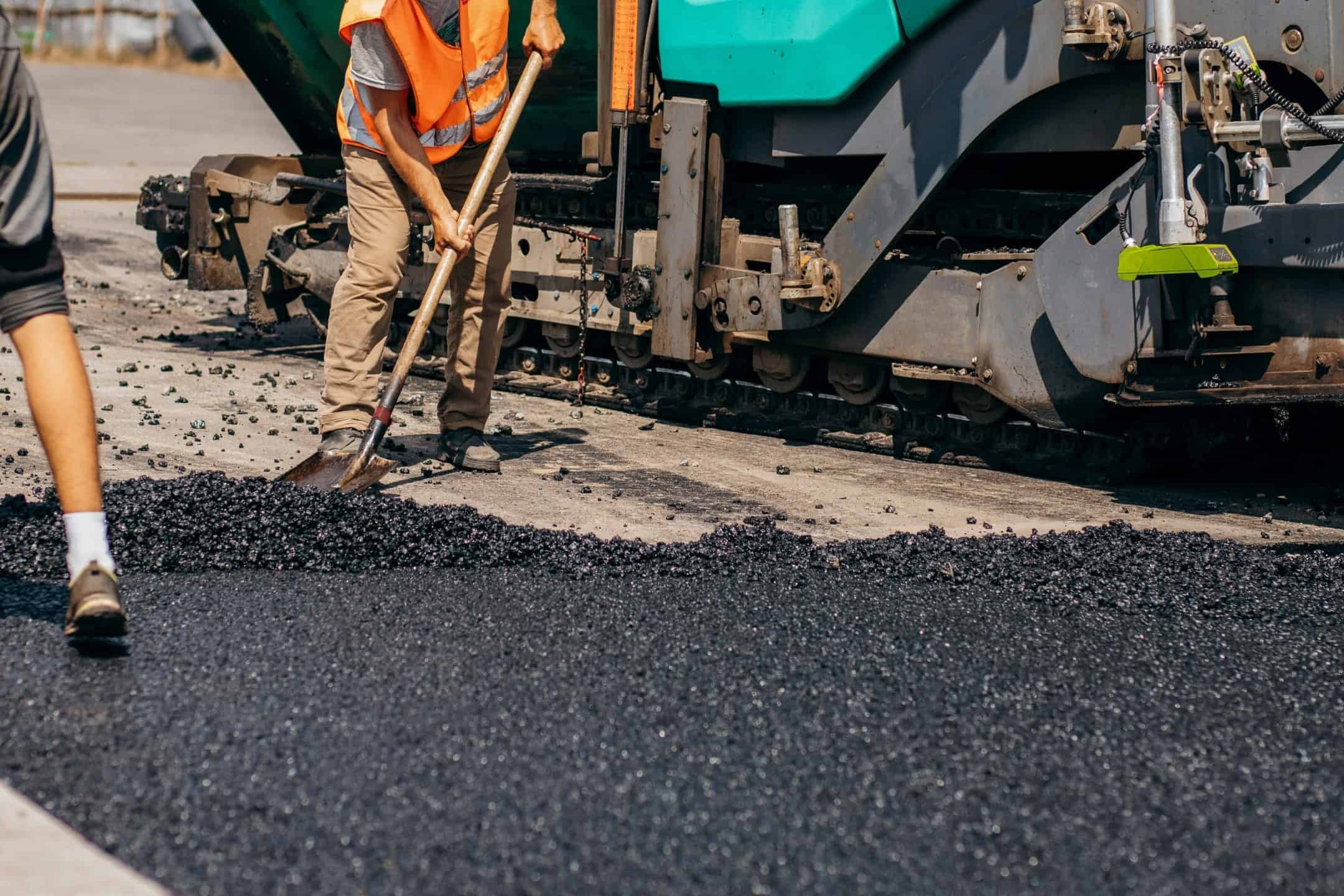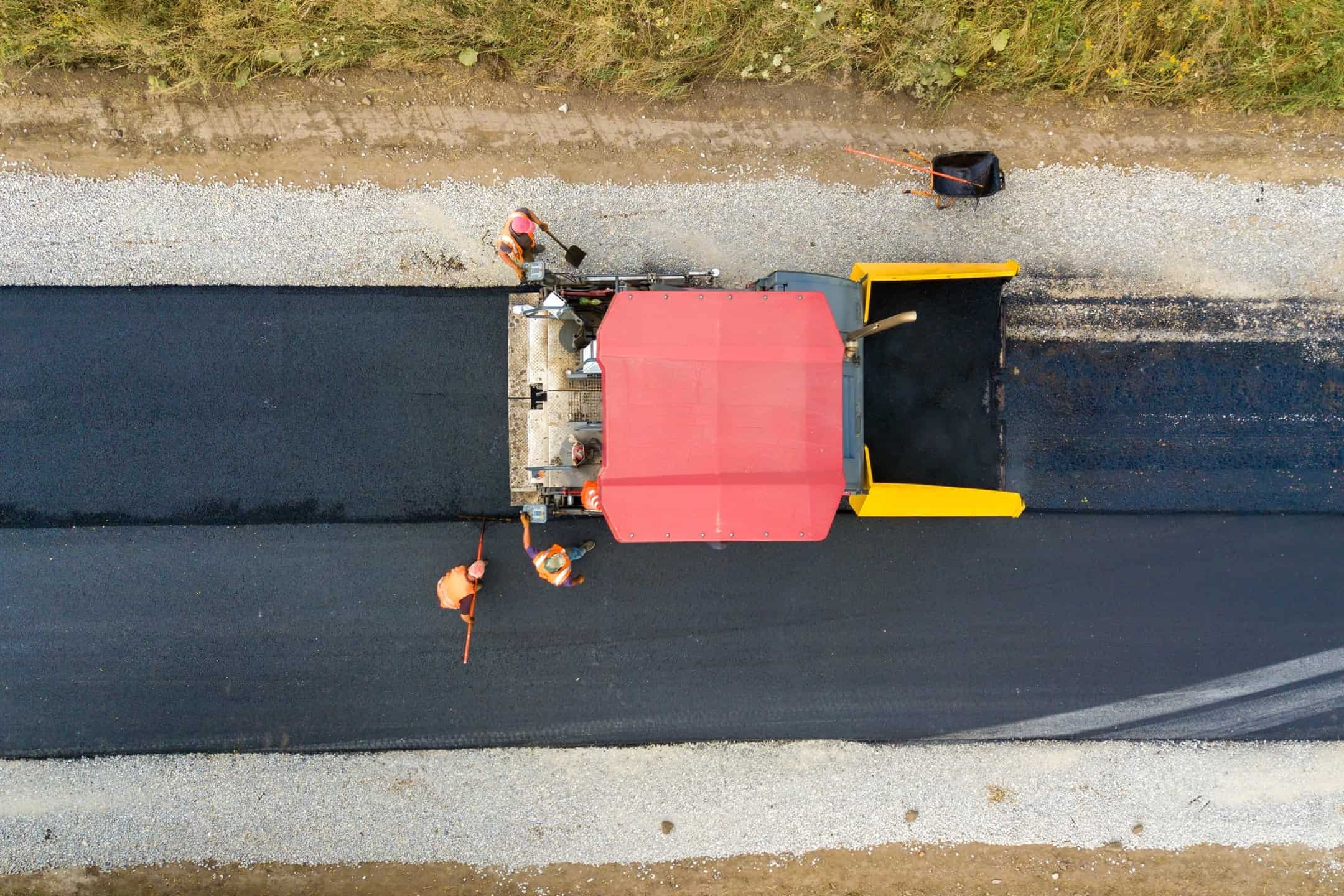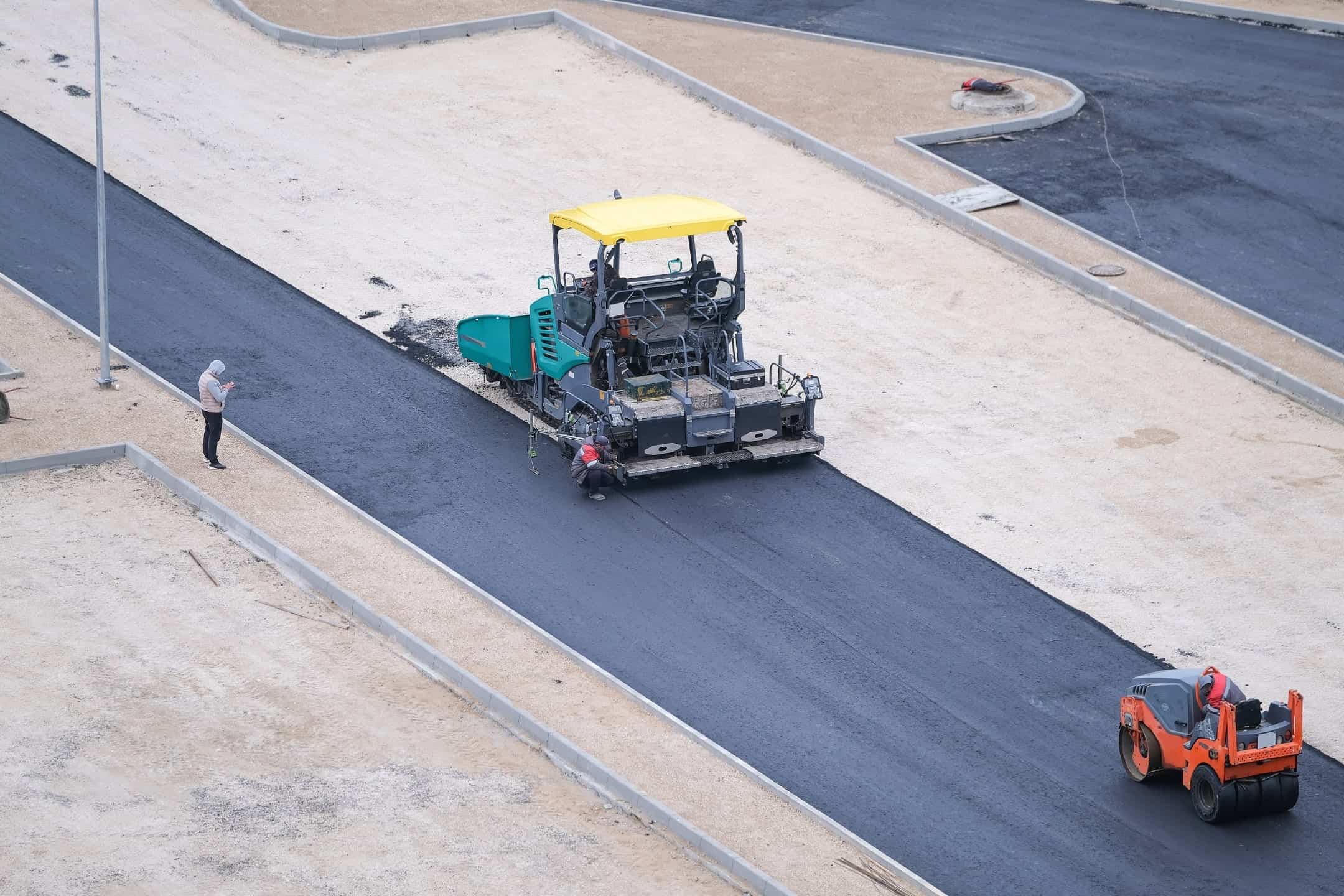Understanding the Benefits of Asphalt Planings for Road Construction Projects
What are Asphalt Planings?
Asphalt planings are a byproduct of the asphalt milling process. This process involves removing the top layer of asphalt from roads, car parks, and driveways, which is then crushed into small, gravel like pieces. The material primarily consists of asphalt binder and aggregates, making it highly suitable for reuse in new road construction and repair projects. The use of asphalt planings is an efficient way to repurpose old asphalt, reducing the need for new materials and helping to manage waste sustainably.
How Do Asphalt Planings Benefit Road Construction Projects?
Asphalt planings provide multiple advantages for road construction projects. One of the key benefits is cost-effectiveness. By reusing existing materials, the cost of purchasing new asphalt is significantly reduced. This not only cuts expenses but also conserves resources, making the project more sustainable.
Additionally, asphalt planings enhance the durability and longevity of road surfaces. When compacted, they form a robust, stable base that can support heavy traffic loads. This compaction property makes them ideal for use as a base or sub-base layer in road construction. These can also be easily graded and compacted to provide a smooth surface.
Another significant benefit is the speed and efficiency of installation. Using asphalt planings can expedite the construction process, as the material is readily available and does not require extensive processing. This leads to faster project completion times, minimising disruption to traffic and reducing overall labour costs.

How Are Asphalt Planings Applied in Road Construction?
The application of asphalt planings in road construction involves a systematic approach. The process typically includes the following steps:
- Preparation: The construction site is prepared by clearing any debris and ensuring the area is level. This step is crucial for achieving a uniform surface.
- Spreading: The asphalt planings are spread evenly over the prepared surface using specialised equipment. This ensures a consistent layer that can be easily compacted.
- Compaction: A heavy roller is used to compact the planings, creating a dense and stable base. Proper compaction is essential for achieving the desired strength and durability.
- Sealing: In some cases, a sealant is applied to the compacted surface to bind the planings and enhance water resistance. This step helps to prolong the life of the road surface and prevent erosion.
By following these steps, road construction projects can effectively utilise asphalt planings to create durable and long-lasting surfaces. The use of planings not only improves the quality of the construction but also reduces costs and environmental impact.

What Projects Are Most Suitable for Asphalt Planings?
Asphalt planings can be used in various road construction projects. Some of the most suitable applications include:
- Rural Roads: Due to their durability, asphalt planings are ideal for constructing and maintaining rural roads. They provide a stable and smooth surface that can withstand heavy agricultural traffic.
- Driveways: Homeowners and businesses can use asphalt planings for driveways, offering a robust and affordable solution. The planings can be compacted to create a durable surface that requires minimal maintenance.
- Pathways and Walkways: Parks, recreational areas, and other public spaces benefit from using asphalt planings for pathways and walkways. They provide a smooth and stable walking surface that is both cost-effective and environmentally friendly.
- Car Parks: Asphalt planings can be used to construct or repair parking lots, providing a durable surface that can handle the weight of vehicles. This application is particularly beneficial for commercial properties looking to reduce construction costs.
- Base Material for New Asphalt: In larger road construction projects, asphalt planings can be used as a base material for new asphalt layers. This method enhances the stability and durability of the road while reducing the need for new raw materials.
Asphalt planings offer numerous benefits for road construction projects, from cost savings and environmental sustainability to improved durability and efficiency. By understanding and leveraging these advantages, construction professionals can create high quality road surfaces while minimising their environmental impact.
At J&J Franks we are committed to promoting the use of recycled materials like asphalt planings, ensuring that our road construction projects are both efficient and eco-friendly. For more information on how we can support your next project with asphalt planings, contact us at J&J Franks.









